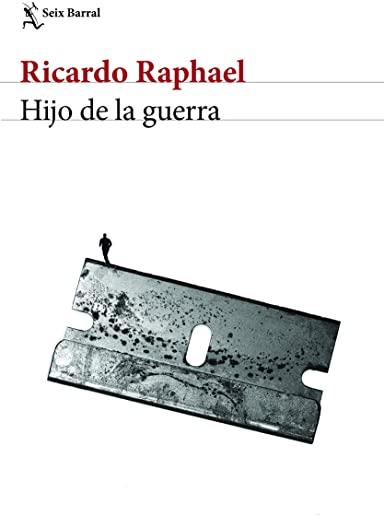
Trestman, Marlene
product information
description
ate Unfortunates is the first comprehensive history of the Jewish Orphans' Home of New Orleans. Founded in 1855 in the aftermath of a yellow fever epidemic, the Home was the first purpose-built Jewish orphanage in the nation. It reflected the city's affinity for religiously operated orphanages and the growing prosperity of its Jewish community. In 1904, the orphanage opened the Isidore Newman School, a coed, nonsectarian school that also admitted children, regardless of religion, whose parents paid tuition. By the time the Jewish Orphans' Home closed in 1946, it had sheltered more than sixteen hundred parentless children and two dozen widows from New Orleans and other areas of Louisiana and the mid-South. Based on deep archival research and numerous interviews of alumni and their descendants, Most Fortunate Unfortunates provides a view of life in the Jewish Orphans' Home for the children and women who lived there. The study also traces the forces that impelled the Home's founders and leaders--both the heralded men and otherwise overlooked women--to create and maintain the institution that Jews considered the "pride of every Southern Israelite." While Trestman celebrates the Home's many triumphs, she also delves deeply into its failures. Most Fortunate Unfortunates is sure to be of widespread interest to readers interested in southern Jewish history, gender and race relations, and the evolution of social work and dependent childcare.
member goods
No member items were found under this heading.
Return Policy
All sales are final
Shipping
No special shipping considerations available.
Shipping fees determined at checkout.







